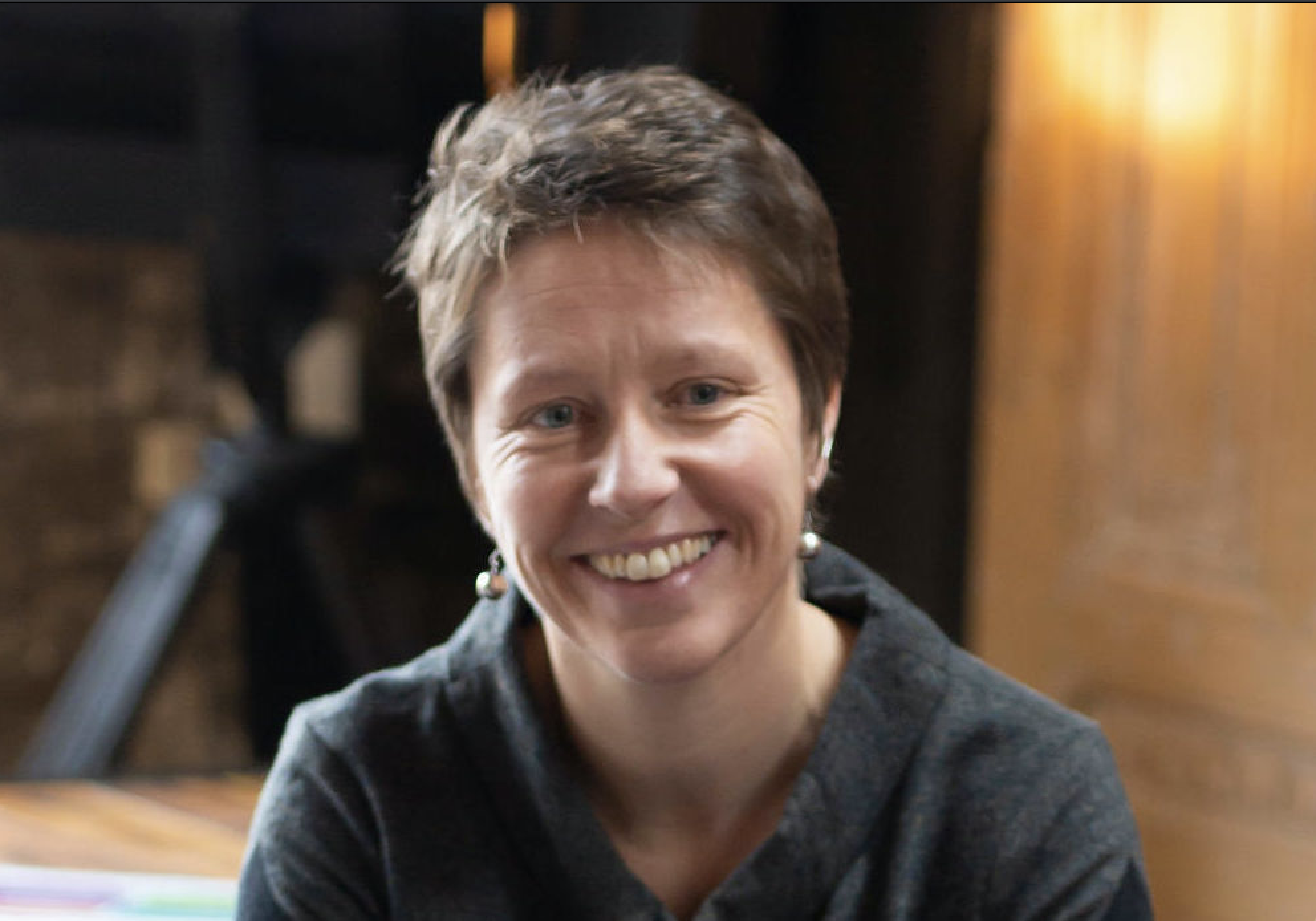Ignited: Karen Janssens on slowing down, listening, and being present.

As a past program manager and campaigner for organizations including Herwin and Greenpeace, Karen Janssens facilitated often, but to mixed results. Over three days, the High Impact Facilitation Intensive helped Karen to discover what’s holding her back.
Karen attended Spring’s High Impact Facilitation Intensive in Amsterdam, November 2019.
You found Spring in quite a unique way. Tell us about your journey to the High Impact Facilitation Intensive.
In my job I was facilitating a lot and I noticed a big difference between facilitation processes both of other people and myself. Sometimes it went smoothly and I felt in balance and in flow, and other times it was difficult to reach goals. I could not really understand why, and what caused the difference. A few organizations and people that I trust had participated in Spring’s High Impact Facilitation Intensive so I checked out the website. It described facilitation in terms of a comprehensive approach, and it was clear that it was going to be more than just learning some techniques with post-its and ice-breakers.
During the Intensive, we speak about “developmental edges,” or the areas that participants find challenging and want to work on. What was the “developmental edge” that you identified for yourself as a facilitator? And what progress have you made since?
My edge is to be more present in the moment. The Intensive facilitators always came back to the sentence, “give the moment what the moment needs, and not just what comes up for you yourself, as the facilitator”. To know what the moment needs requires being super present, grounded and in touch with what I am feeling and thinking. My default mode used to be getting results and ending the meeting with a smart action plan. But to know what the moment needs means that I need to be in touch with both myself and the group. That way I don’t just start speeding up when I am getting restless or keep asking questions when I am curious. By being more grounded I can shift my own focus and attention to what the group needs and much better realize the goals of the meeting. This is what I am working on right now.
How do you experience facilitation now, as you work on being more present?
I have noticed a big difference and change in myself. Whereas before I was more focused on end results and being three steps ahead of the process, I now experience a much calmer energy. I’m more at ease and able to let go a little bit. I can connect easier with groups, not only in my role as facilitator but also as a participant myself, or in a one on one meeting. The training was very good at making me self-aware of my default positions and of the positions of other people. And now that I am aware, I can try to venture out of my position or comfort zone. It’s really fun discovering new parts of myself.
What was your “AHA” moment, what did you respond to the most in the three days?
Uncovering the polarity between doing and being and understanding that you cannot prefer one over the other. I was definitely someone who thought that all that mattered was getting things done and that just being in the moment was a complete waste of time. It was interesting to discover that sometimes the best thing you can do is to just be. The exercise we did with 7 minutes of continuous listening was just incredible. The impact it had on the quality of our connection was profound and created a solid foundation we could build from. The exercise demonstrated the power of ‘just being together’.
The High Impact Facilitation Intensive lasts 3 days, but it is actually a 4-month program with several Pod Coaching sessions. What has been your experience with the follow-up coaching?
We all come out of the 3 days with a lot of energy, but then usually life gets in the way. But the Pod Coaching keeps me on track with my personal development, and now after 3 sessions, the practices established for my own growth have become quite natural. During the 3 days you get an insight on your default way of being in life and learn about all the different ways. Through the coaching, you actually have an opportunity to explore further what it means for you. The progress I’ve made doesn’t just have to do with facilitation, it’s also in other meetings and in connections with people: a whole new world has opened up. I now recognize that sometimes the moment needs me to pick up speed, or alternatively to slow things down. Being aware of this allows me to play with it, whether it’s in a facilitation, in a meeting, or just in a one on one conversation. It makes my contributions better and more impactful because I can attune better to other people and to what the moment needs.
Where are you now, 3 months after?
I’m in transition. Right before the Intensive I had changed from working in social movements to the private sector. I feel happy and excited to step into the unknown with a new set of perspectives and tools. It’s a new adventure. In this role I will be accompanying multi-stakeholder processes. I definitely want to continue ‘being in development’. Next year I’d like to continue to do personal development, that’s something that was certainly ignited by the Intensive.
What would you say to those who are considering the Intensive?
I would say take this journey. It will not only make you a better facilitator, it will make you a better person. In the end, it’s as much about personal development as it is about facilitation.
Tags:
CollaborationApril 5, 2020

